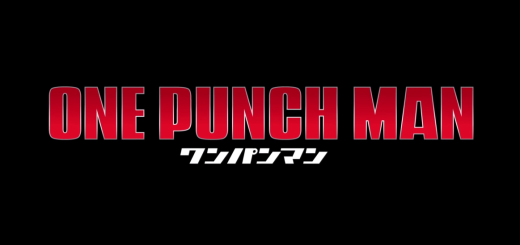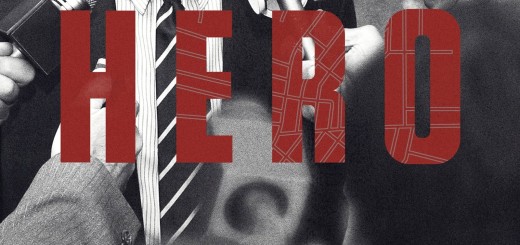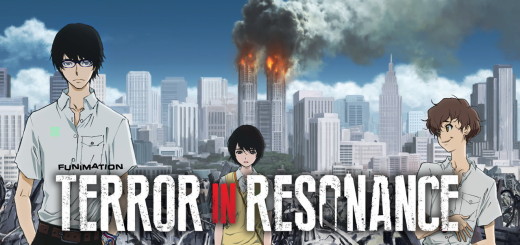THE YOUNG POPE Season One Review
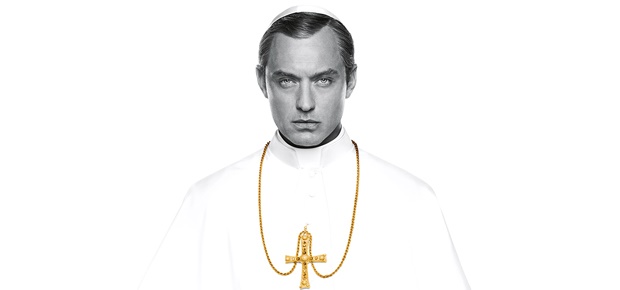
How does one reconcile with faith? And how does one’s devotion to their religion affect the way they see the sinners they have befriended? Catholicism has repeatedly been tackled over the course of cinematic history, but with Paolo Sorrentino’s THE YOUNG POPE, we are treated to a televised delight unlike any other. In a slick, expressionist, provocative, sexualized, and willfully hip depiction of the Catholic church, HBO’s latest season finale concluded a complex, 10-episode character portrait. With Jude Law at the wheel, and co-stars Diane Keaton and Silvio Orlando bolstering the narrative framework, Sorrentino not only delves deep into the psyche of 21st century Catholics, but crafts the most Italian show of all time through peppered-in tributes to Fellini and co.
From forbidden love to the stigmas of homosexuality and pedophilia, THE YOUNG POPE left just about no stone unturned, which in part is also why I’m so upset that HBO has announced a second season. Sorrentino’s 10-episode stretch made for a perfect mini-series, one in which a man of unorthodox (pun intended) age finds himself spearheading the greatest religious institution in the world, forcing him to come to terms with his marriage to God at an age where most men of the cloth have barely conducted their first baptism. This becomes central to Sorrentino’s thesis: every priest goes through two crises of faith. The first occurs at an age where most men would settle and have families, the second occurs near death. Where the former makes for a much larger existential meltdown, it is the latter that prepares a man for the papacy. THE YOUNG POPE finds Jude Law squarely in his first crisis, having to justify that the book he is bound by contradicts the expectations of love and forgiveness that the pope has come to represent.
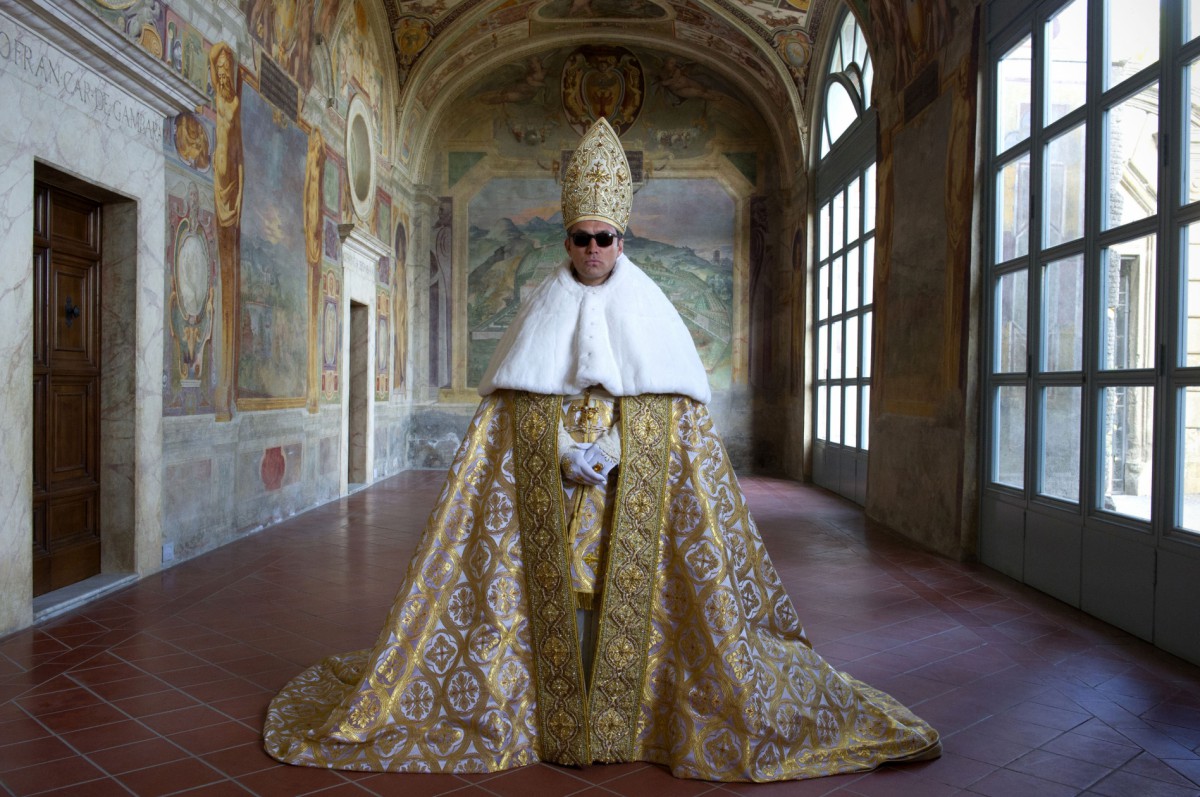
Make the Vatican great again
This is perhaps where Sorrentino really pulled a fast one on me. In my Hit or Sh** of the pilot episode, I declared THE YOUNG POPE “sardonic religion bashing of the highest order.” It remained as such for the entirety of its first season, but what changed drastically after the first episode was its tonal direction, and willfully so. Jude Law’s Lenny Belardo is an arrogant, loveless pope, a modern-day fascist ruling under a shroud of secrecy, not a spiteful progressive. Where the first episode gave us a pope who dreamt of declaring that all people should masturbate, the rest of the series gave us an invincible, deeply conservative politician. From his rejection of the public spotlight to his cynical demeanor, Law intentionally operated as the antithesis of a stereotypical voice of God. But what Sorrentino made sure to do was lace his character with bouts of sentimentality and earnestness, brief interludes that serve to remind viewers of the character’s heart. It was nearing episode seven that I began to understand just how strategically Sorrentino crafted an indelible antihero. It was all for the greater good.
And that is what makes THE YOUNG POPE so compelling; it deals with conflict unlike any other show I’ve seen. It is an entirely internal struggle, externalized only through the sheer power of its protagonist. Each narrative beat that might imply a new, severe conflict is promptly brushed under the rug through the pope’s power. But it is Law’s struggle to accept God, and look for him in a world that abandoned him, that makes him so vulnerable. A shot involving a framed picture of Jesus on the cross just out of Law’s eyeline perfectly captures this notion. Law’s nemesis is not another cardinal, not his childhood friends, not his hippie parents, nor the nun that raised him. His enemy is himself. Sorrentino’s pope is a child that never had a childhood, but also a man that never grew up. This dichotomy puts him at a unique ideological stalemate: he is too immature to take advice, but carries the weight of an entire religion on his shoulders. With this character established, Sorrentino forces him to fill shoes that simply don’t fit, and though his ideas are in the right place, he still needs to accept the changing tides of the modern world in order to push them through successfully.
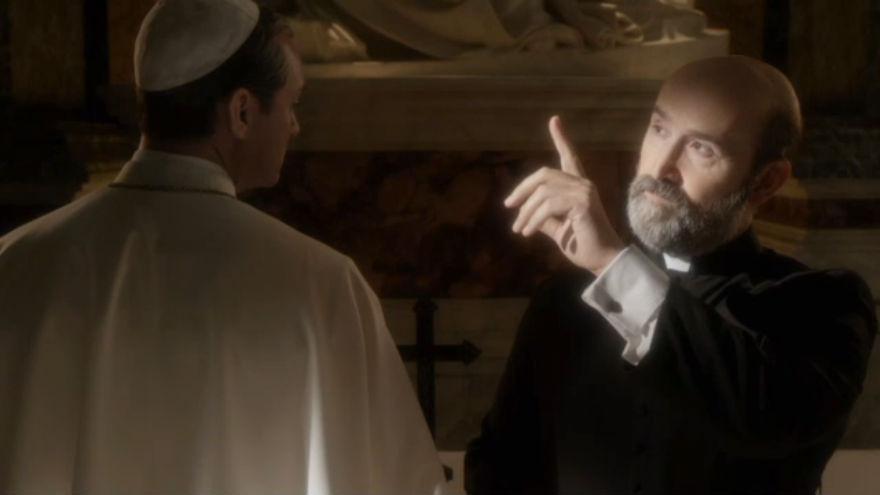
I repeatedly forgot the name of this character and settled with calling him 2D JESUS due to his uncanny resemblance to Byzantine depictions of Christ often found in museums and Churches
THE YOUNG POPE is a roaring declaration of what the Catholic Church ought to represent, even if their leader may hold extreme prejudices. Jude Law’s performance shines with its menace and fear-mongering, but what Sorrentino says over the course of his first season is particularly refreshing. It’s irrelevant whether or not the pope supports homosexuality or acts as a pro-choice advocate. His identity should be one that isn’t revelled in. The pope is not a performance. He is probably not even the voice of God. And if he is, all he should say is to look at your fellow man and treat them the way you’d want to be treated. It may have taken the lives of innocents for Sorrentino’s titular protagonist to reconcile his staunch conservatism, but his intentions were always in the right spot. The church is an institution that demands modernization, and the pope is a figurehead that is better left in the shadows.
Verdict: Recommend

